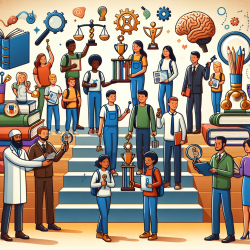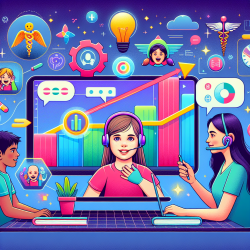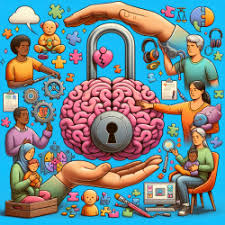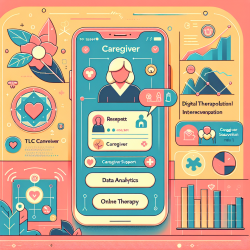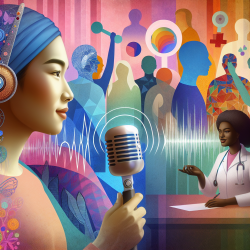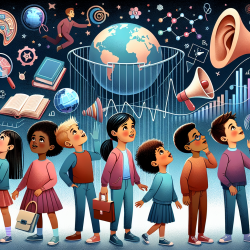Empowering Educators: Bridging the Achievement Gap with Social and Behavioral Science
In a world where education is a fundamental right, achievement inequality remains a significant challenge. The gap between students from different socioeconomic backgrounds is widening, despite efforts to level the playing field. A recent collection of research articles, titled Using Social and Behavioral Science to Address Achievement Inequality, offers insights into this pressing issue and provides a roadmap for educators and practitioners to improve their skills and foster equality in education.
Understanding Achievement Inequality
Achievement inequality is not merely a matter of academic performance; it is a reflection of broader societal issues. Students from disadvantaged backgrounds often face systemic barriers that impede their educational progress. These barriers include negative self-perceptions, biased treatment in classrooms, and lack of access to resources. The research highlights how these factors contribute to a cycle of inequality that persists across generations.
Key Insights from the Research
The research collection emphasizes the importance of understanding the experiences that contribute to achievement inequality. By examining the self-views of children from low socioeconomic status (SES) backgrounds, researchers found that these children often internalize negative stereotypes about their abilities. This can lead to decreased motivation and academic performance.
Furthermore, the studies reveal that well-intentioned actions by educators, such as providing inflated praise or disempowering help, can inadvertently reinforce these negative self-views. Teachers may also unconsciously limit participation opportunities for students from low-SES backgrounds, further perpetuating inequality.
Intervention Strategies
Addressing achievement inequality requires targeted interventions at multiple levels. The research suggests several strategies:
- Growth Mindset Culture: Encouraging a growth mindset among students and educators can help reduce achievement gaps. This involves fostering an environment where mistakes are seen as learning opportunities and all students are believed to have the potential to improve.
- Personalized Learning: Tailoring educational experiences to individual student needs can promote equity. However, it is crucial to ensure that personalized learning does not inadvertently reinforce existing disparities.
- Inclusive Curriculum and Assessment: Making educational content relevant to students' real-world experiences can enhance engagement and performance, although care must be taken to avoid unintended negative consequences.
- Policy Changes: Structural changes at the national and institutional levels are necessary to create an equitable educational landscape. This includes addressing poverty, reducing stressors, and implementing anti-racism policies.
Encouraging Further Research
The research collection underscores the need for interdisciplinary collaboration to address achievement inequality effectively. By integrating insights from psychology, sociology, neuroscience, and education, researchers can develop comprehensive strategies that address the root causes of inequality.
Practitioners are encouraged to engage with this research and consider how they can apply these findings in their own contexts. By doing so, they can contribute to a more equitable educational system that empowers all students to reach their full potential.
To read the original research paper, please follow this link: Using social and behavioral science to address achievement inequality.
